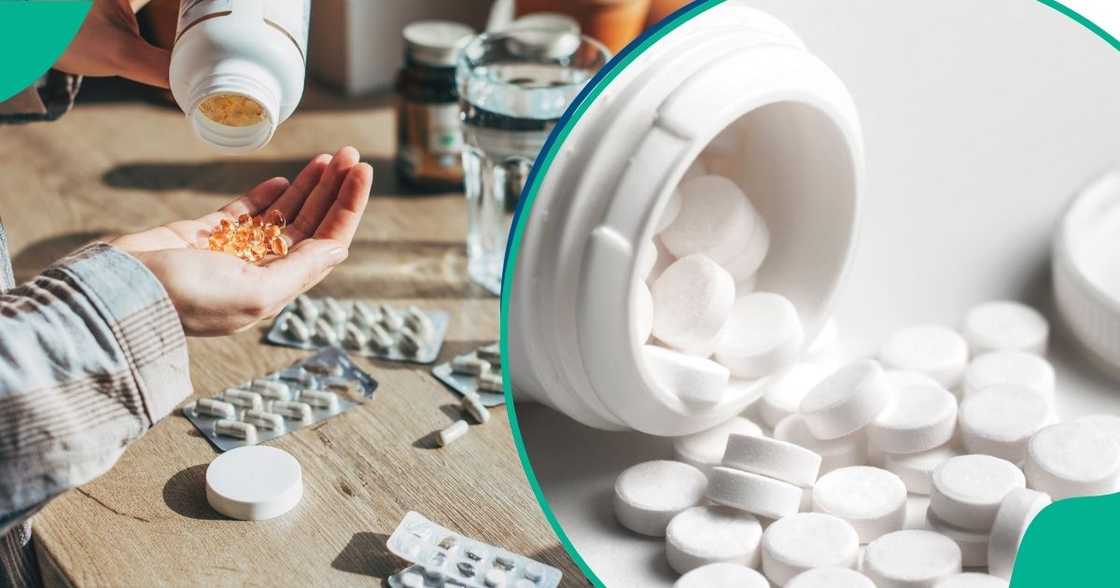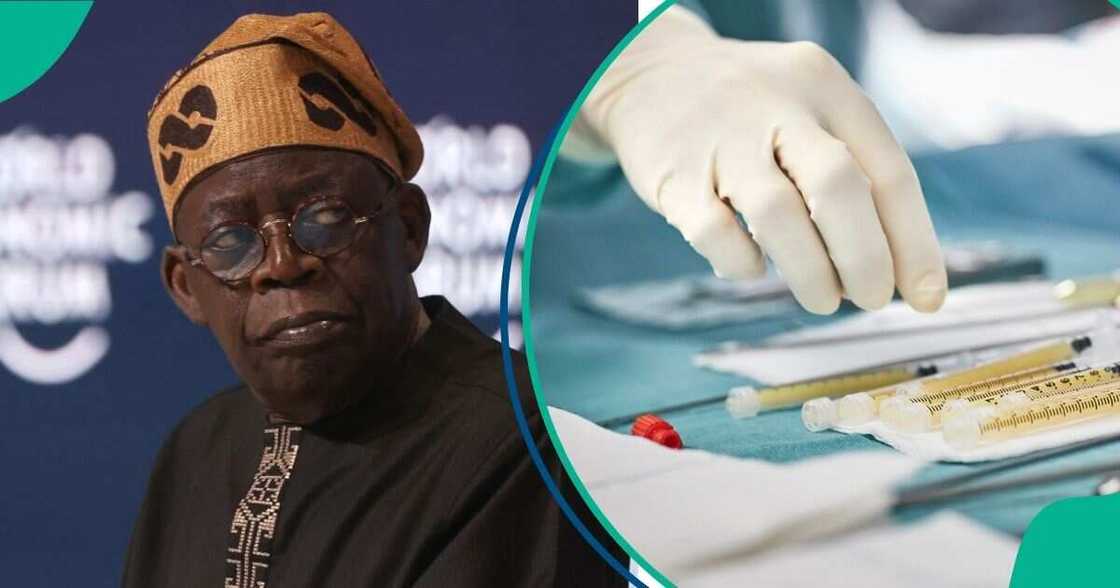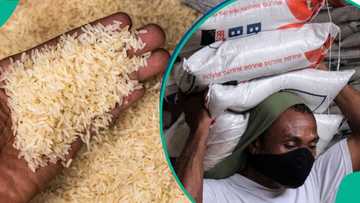Pharmacists, Chemists Sell Medicines at New Rate as FG Gives Waiver for Imports
- The prices of essential pharmaceutical products have remained high, despite policies of the Nigerian government to crash costs
- President Bola Tinubu signed an executive order in 2024 to remove import duty, tariffs and VAT on specialised machinery and equipment
- However, findings show that the prices of key medicines have continued to surge, with some drugs rising as high as 135%
Legit.ng’s Pascal Oparada has reported on tech, energy, stocks, investment and the economy for over a decade.
Essential drug prices have remained high as the Nigerian government’s plan to introduce zero tariffs on pharmaceutical products continues to drag.
In June 2024, President Bola Tinubu signed an executive order to eliminate tariffs, excise duties and VAT on specialised machinery, equipment and raw materials for pharmaceuticals.

Source: Getty Images
FG moves to crash drug prices
The aim was to stimulate local production of essential healthcare products such as syringes, biologicals, and medical textiles.

Read also
Dangote announces plan to refund Nigerians buying its petrol at higher prices, gives condition
The move will also reduce production costs and make medicines more affordable.
The government also announced that in the first quarter of last year, it would implement a pooled procurement mechanism to reduce costs and ensure access to essential products.
However, despite the bold moves, the cost of essential medicines has continued to climb, leaving millions of Nigerians struggling to afford essential medical treatment.
Prices of key medicines climb
Findings show that the prices of hypertensive medication such as Lebatalol and Natriix rose by over 100% in just one year from below N2,500 to over N5,000 per sachet, while Amlopidin prices hit N600-N700 from N300.
BusinessDay reported that a survey showed an increased price of Coatem, an antimalarial medicine, which rose 135% in one year from N1,200 in early 2023 to N6,000 by December 2024.
In 2022, a sachet of Amoxicillin, which sold at N550, increased to N2,000 by February 2025.
A pack of Augmentin, which sold for about N3,500 in 2022 now sells for N5,000 and N25,000 in February 2025, depending on grammage and formulation
According to reports, Nigerians pay about 11.5% more for the cheapest generic medicines such as antibiotics, forcing them to skip crucial treatments and prescriptions.
Experts express doubts
Despite the Nigerian government developing an implementation guideline for the executive order on pharmaceutical products in October last year, implementation has yet to take off.
Stakeholders have expressed doubt over the uncertainty of the new policy taking off to allow the pharmaceutical sector and Nigerians some relief.
Industry watchers have attributed the rising cost of key pharmaceutical products to the exit of multinationals such as GSK SmithKline, which left the country in 2023 after five decades.
GSK exits Nigeria after 51 years
The company said in a statement seen by Legit.ng that it disclosed that the British firm informed GlaxoSmithKline Consumer Nigeria Plc of its plans to cease the commercialisation of its top medicines and vaccines in the country via GSK local operating companies and move to a third-party direct distribution model.
The company added that it had stated its plans to end its distribution agreement in the coming months and appoint a third-party distributor in Nigeria to supply healthcare products.
According to the statement, shareholders are to seek professional advice and exercise caution when dealing in the company shares, stating that there is no assurance of the final terms of any scheme or that any scheme would be approved by the SEC or shareholders.
Sanofi leaves Nigeria
Also, Sanofi-Aventi Nigeria, a leading French pharmaceutical company, decided to close its direct operations in Nigeria.
The company adopted a third-party model to distribute its products in Nigeria since 2024.

Source: Getty Images
This was disclosed in a memo addressed to stakeholders and customers in the healthcare industry titled "Sanofi adopts new business model in Nigeria", signed by the Country Lead, Folake Odediran.
Syringe manufacturing firm gives reasons for closure
Legit.ng earlier reported that Jubilee Syringe Manufacturing (JSM) said it temporarily shut down operations in Nigeria, blaming the decision on forex challenges.
The company's managing director disclosed this on Thursday, January 4, 2024, stating that the problem is due to Forex, import duties, and interest rates.
JSM boss reportedly said the company was only shutting down temporarily to source funds and later return to business.
PAY ATTENTION: Сheck out news that is picked exactly for YOU ➡️ find the “Recommended for you” block on the home page and enjoy!
Source: Legit.ng





